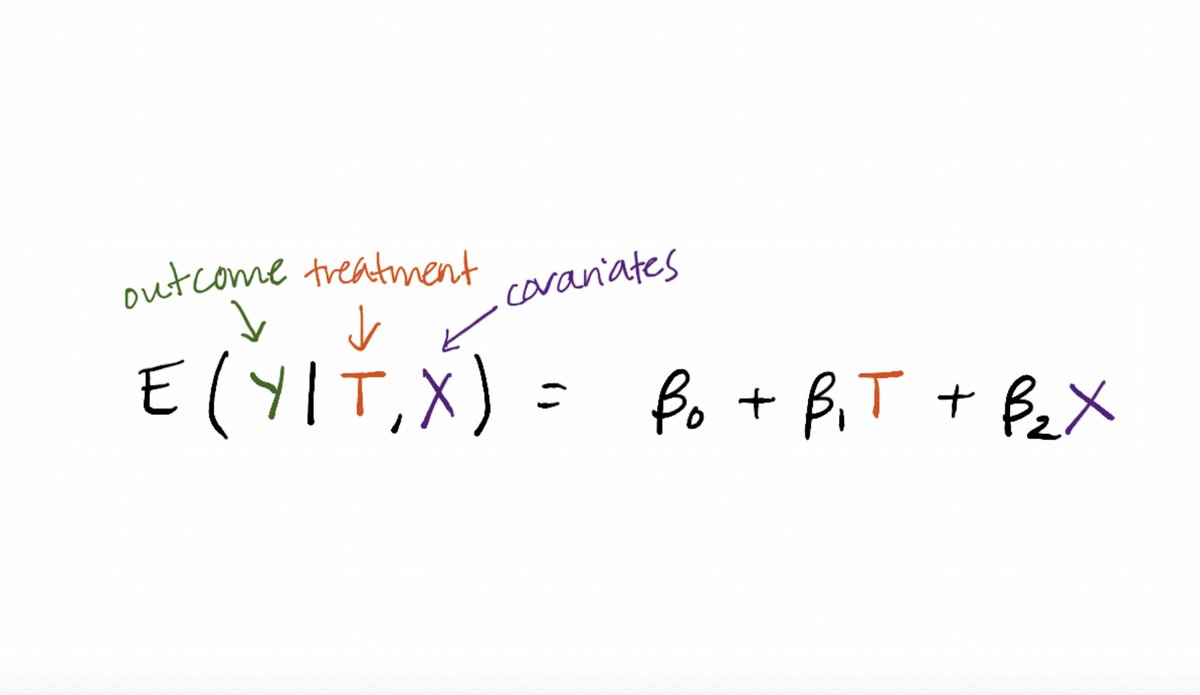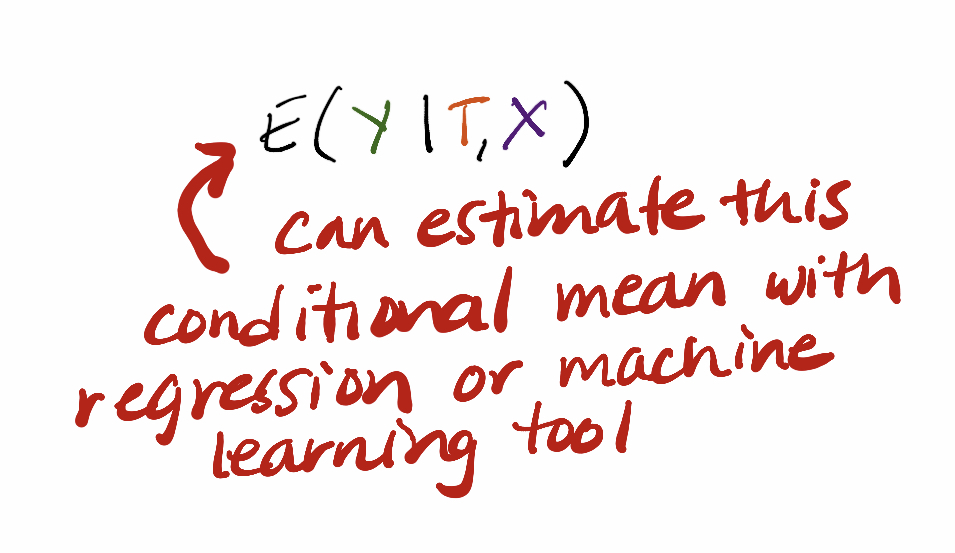
I’m really looking forward to attending this 👇 #Nightingale2020 has been one of the few things worth celebrating this year! Her lessons on sanitation couldn’t be more relevant.
 #WSDS
#WSDS
 #WSDS
#WSDS
As part of the bicentennary celebrations of the birth of the first @RoyalStatSoc woman elected fellow, at the society we’ve also organised several events throughout the year rss.org.uk/news-publicati… 

@RoyalStatSoc At @statsyss we were particularly proud to organise #FloViz,a #dataviz competition to reinterpret her famous polar diagram. The winning entries by @gunning_edward @sianbladon & Roddy Jaques 👇were announced on her birthday, you can see them: statsyss.wordpress.com/2020/05/13/flo… 

@RoyalStatSoc @statsyss @gunning_edward @sianbladon You can find the code for these at statsyss.wordpress.com/2020/05/11/flo… in case you want to try your very own version! #PolarAreaDiagram #Nightingale2020
@RoyalStatSoc @statsyss @gunning_edward @sianbladon We also commissioned this 😍 badge by the talented @heidirgardner
I have 3 spare & would like to share the #Nightingale2020 💖 with you!Tell me how she's inspired you in your stats career & I'll choose the winning answers by random number generation tomorrow 11/07/2020 13:00 ET
I have 3 spare & would like to share the #Nightingale2020 💖 with you!Tell me how she's inspired you in your stats career & I'll choose the winning answers by random number generation tomorrow 11/07/2020 13:00 ET

@RoyalStatSoc @statsyss @gunning_edward @sianbladon @heidirgardner To me this year has been a great opportunity to learn about her massive impact in all things nursing & stats, but I was equally inspired by her "failures" as told by Prof. Lynn McDonald @RSSAnnualConf (read some highlights of the talk in the thread below)
https://twitter.com/Altea_Lorenzo/status/1303326532010737665
She tried to convince Britain's Colonial Office that death rates amongst indigenous people in Sri Lanka,Australia, NZ & Canada were really high. Similarly inspirational were her attempts to influence a Contagious Disease Act with suffragette J. Butler, & work on maternal deaths.
Her book Cassandra is a particularly interesting read to understand the barriers she found as a woman in Victorian England, even as part of a wealthy and cultured family. 





You can find some fascinating articles on her many contributions @signmagazine 's Special Issue to mark the bicentenary of her birth: rss.onlinelibrary.wiley.com/toc/17409713/2…
Finally, you can watch a fascinating talk by @RoyalStatSoc President Prof.@Deborah_Ashby on "Using data to improve health from the time of the Crimea to the time of the coronavirus":
i have a question for you: was Nightingale also the first @AmstatNews honorary member to be a woman? This article tandfonline.com/doi/abs/10.108… points out that the first women joined in 1889 and this one jstor.org/stable/2965763… mentions she was elected an honorary member in 1874 🤔
• • •
Missing some Tweet in this thread? You can try to
force a refresh









